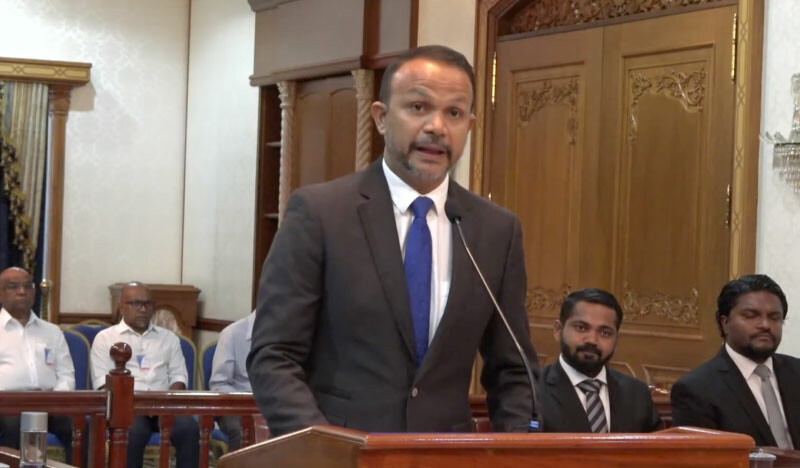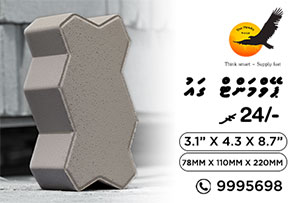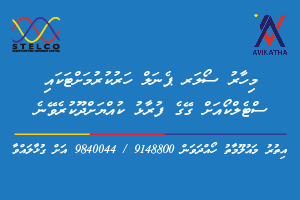Supreme Court Rules to Proceed with MP Disqualification Case

Photo: Supreme Court of Maldives
The Supreme Court decided today that it can proceed with the plea seeking to quash the constitutional amendment by the government to disqualify lawmakers if they defect or are expelled from the political party they were with at the time of election.
During the second hearing of this case, the judges ruled that the Supreme Court could proceed with the case after taking a procedural objection from the state on the ground. The state had objected to the plea filed by former MP and lawyer Ali Hussain seeking to quash the amendment to Article 73 of the Maldivian constitution.
According to the constitutional amendment brought in by the government, a member can lose their seat in the event of defection or expulsion from the political party they were signed with at the time of election over any issue. An independent parliamentarian can lose their seat even if they join a party after being elected too, as per the amendment.
During today’s hearing, the state also took up the procedural issue they raised during yesterday’s hearing. Lawyer Fathimath Haleem of the Attorney General’s Office (AGO) said yesterday that no court in the country can deal with cases related to constitutional amendments brought by parliament after completing all legal procedures. She added that the case has been filed as a constitutional matter, and such cases cannot fall within the ambit of the constitutional issue.
Lawyer Anas Abdul Sattar, speaking on behalf of the Maldives Democratic Party (MDP), said they support the points raised by the complainant.
Speaking on the issue of procedural issues, Ali Hussain, who filed the case, said that the Supreme Court has the power to decide and look into such constitutional matters and as he pointed out in the previous hearing, it is a constitutional matter.
“We are not raising a political question. It is not an economic question that we are raising. It is not a social question that we are raising. We are raising a legal question, a constitutional question,” he said.
He explained this is a constitutional matter because it was decided by the citizens of the Maldives when they elected the system of governance in the country to be a presidential system. The constitution was then compiled accordingly in a manner that befits a presidential system, he said, adding that it is clear when taking precedence into account, as well as the inclusion of political texts regarding presidential systems.
“… when we look at how other countries with presidential systems operate, we know that it is a fundamental requirement that the parliamentarians are allowed to be free to sustain and maintain a presidential system,” Ali Hussain said in Dhivehi.
Deciding on the legal objection taken by the state, Chief Justice Ahmed Muthasim Adnan said that after discussions among the judges, it was decided that the case could be taken up. He said the reasons for the decision would be included in the judgment of the case.
“The judges have decided to proceed with the matter and include in the judgment the views of the judges on the objection raised in the case,” the Chief Justice said.
The next step in the case will be the response. The judges granted 10 days to provide them with a response at the state’s behest. The court, however, did not announce the date of the next hearing.
Ali Hussain had sought that the amendment to the constitution, which seeks to disqualify members, be declared null and void as it violates Articles 4, 5, 8, 75 and 90 of the Constitution.









